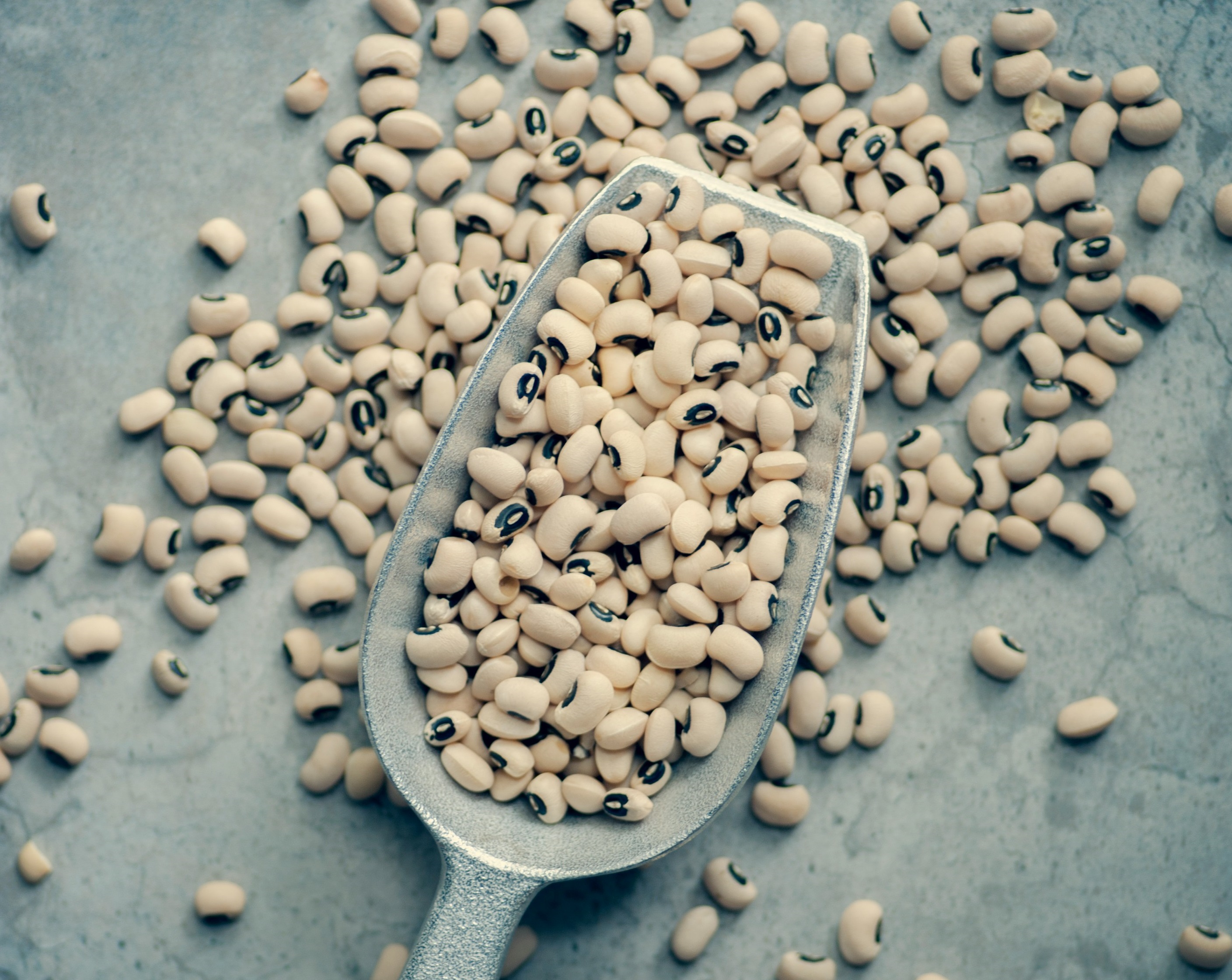Global Collaboration Takes Aim at Climate-Resilient Cowpea
A new international research effort, the Sustainable Cowpea Grain Yield by Boosting Photosynthetic Efficiency (SCOPE) project, is underway to explore scientific approaches for improving cowpea yields in harsh climates. Led by partners in Africa and Europe, the project focuses on early-stage solutions for a crop central to food security in sub-Saharan Africa.
Rich in protein and cultural significance, cowpea is one of the world’s most important pulses, nourishing more than 200 million people in sub-Saharan Africa alone. Funded by Gates Ag One, SCOPE is a global effort led by the Fraunhofer Institute for Molecular Biology and Applied Ecology (IME) in Germany, in collaboration with Ghana’s Council for Scientific and Industrial Research – Crops Research Institute (CSIR-CRI), and the International Institute of Tropical Agriculture (IITA) in Nigeria.
Using a combination of metabolic engineering strategies, researchers aim to help cowpea convert sunlight into grain production more efficiently, as well as keep the crop growing even under high elevated temperatures.
“These technologies are designed to work together to improve the way plants make food from sunlight, and protect the plant from heat stress,” said Professor Stefan Schillberg, Executive Director of Fraunhofer IME and Principal Investigator for the project. “By targeting these bottlenecks, we aim to develop a more productive, climate-resilient cowpea that can better serve smallholder farmers in hot and dry regions.”
SCOPE is part of Gates Ag One’s broader effort to accelerate innovation for smallholder farmers through science and global collaboration.
“Farmers are facing mounting climate pressures, and it’s important to explore how science might support crops like cowpea under these conditions,” said Brigitte Weston, Director of Product Development at Gates Ag One.
 Fraunhofer Institute for Molecular Biology and Applied Ecology IME
Fraunhofer Institute for Molecular Biology and Applied Ecology IME